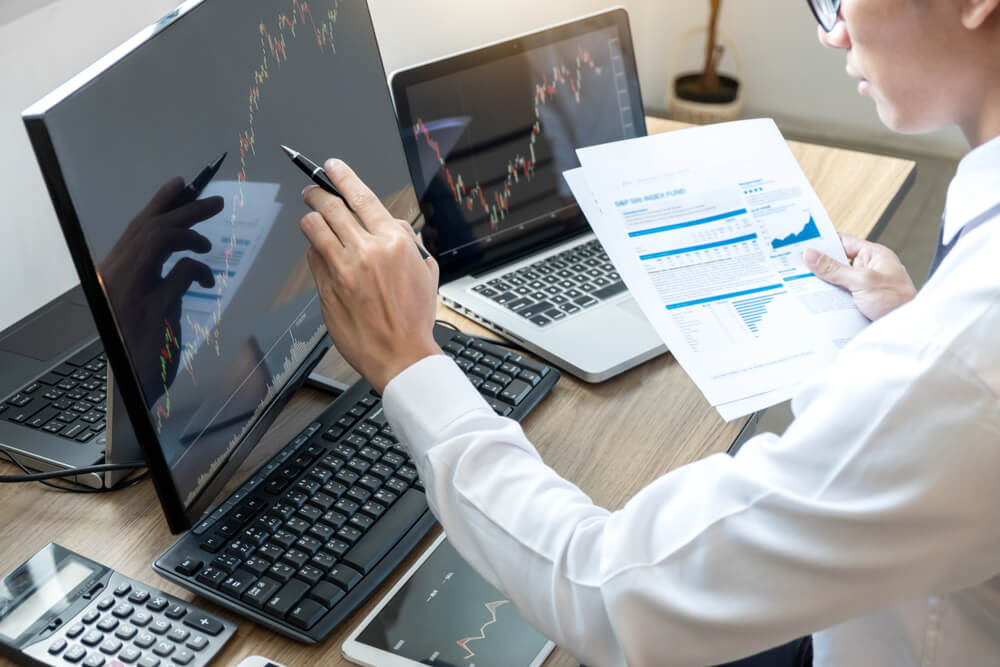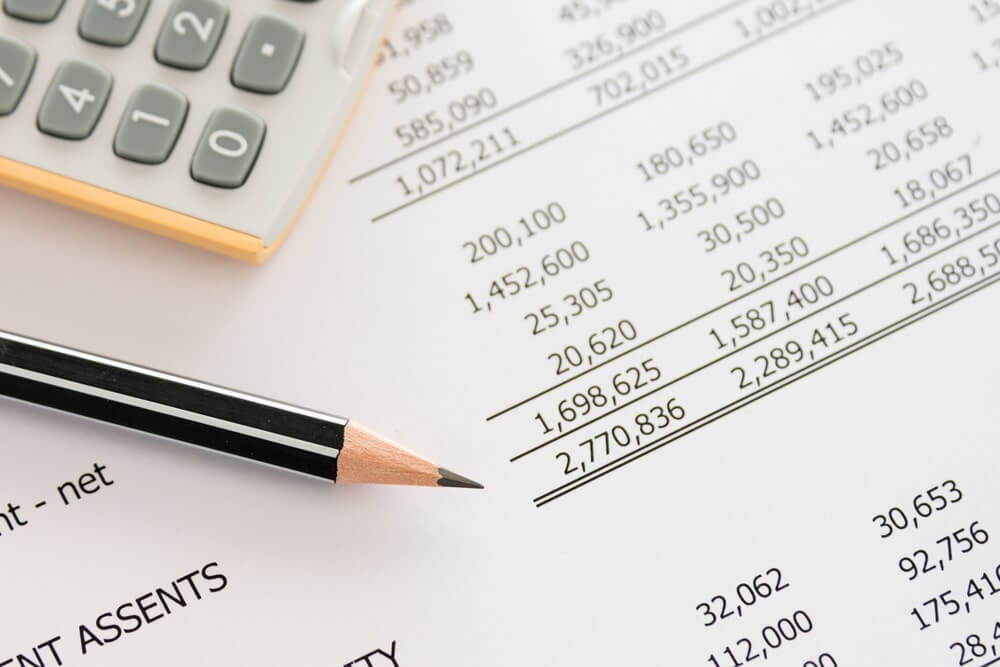Introduction
Choosing the right broker is a vital point to consider, as all your transactions such as deposition, withdrawal, opening a position happen in this corner. In the present world, the competition between the retail brokers is so high that it can take a lot of hard work to determine the right broker of your choice.
So, in this lesson, we will discuss some of the most critical criteria you consider before opening an account with a broker.
📍 Security
Security can be considered as the most important criterion to choose a broker. Since traders will be playing around with their money here, it is necessary to make sure that the broker is genuine and trustworthy.
Checking the credibility of the broker is pretty simple, as there are regulatory agencies that disclose the trustworthiness of a broker. So, if a broker is registered with any of these agencies, we can consider the broker to be genuine and secure.
For your reference, some of the regulatory agencies are given below.
- National Futures Association and Commodity Futures Trading Commission, in the US
- Prudential Regulation Authority and Financial Conduct Authority, in the UK
- Swiss Federal Banking Commission, in Switzerland
- Australian Securities and Investment Commission in Australia
- Investment Information Regulatory Organization of Canada, in Canada
- Financial Conduct Authority, in the UK
- Cyprus Securities and Exchange Commission, in Cyprus
📍 Types of Fee levied
Many brokers claim that they do not charge any fee other than the spread. However, some brokers do charge different types of fees from the clients, such as brokerage fees, commission fees, daily rollover interest, etc. Therefore, one must verify with the broker on what all charges are imposed by them.
📍 Margin trading
This is no doubt the best feature provided by the forex brokers. Margin trading is the facility provided by the brokers where a trader can open larger positions with a lesser amount. Different brokers provide different margins. So, one must choose their broker by considering the margin provision and also by keeping the risk factor in mind.
📍 Deposit and Withdrawal
It is essential to choose brokers who provide a user-friendly, swift, and fast feature to process the deposits and withdraws. One should check the withdrawal policies of the broker before signing up with them. Because this is where most of the brokers have their hidden costs or undisclosed withdrawal limits.
📍 Trade execution
The trading software must be such that the orders are filled at the best available prices. This is an important factor for scalpers to consider, as every micro pip has significance.
📍 Trading platform
The trading platform also plays a vital role while choosing a broker. For a novice trader, if the UI of the trading platform is not user-friendly, it can become quite challenging for them to place and manage trades. Also, the presence of trading tools and indicators is necessary for professional traders. Hence, one should make sure that the broker meets all your requirements and specifications.
Therefore, considering the above points can definitely help you fetch a good broker for you to trade the forex market.
[wp_quiz id=”55229″]

